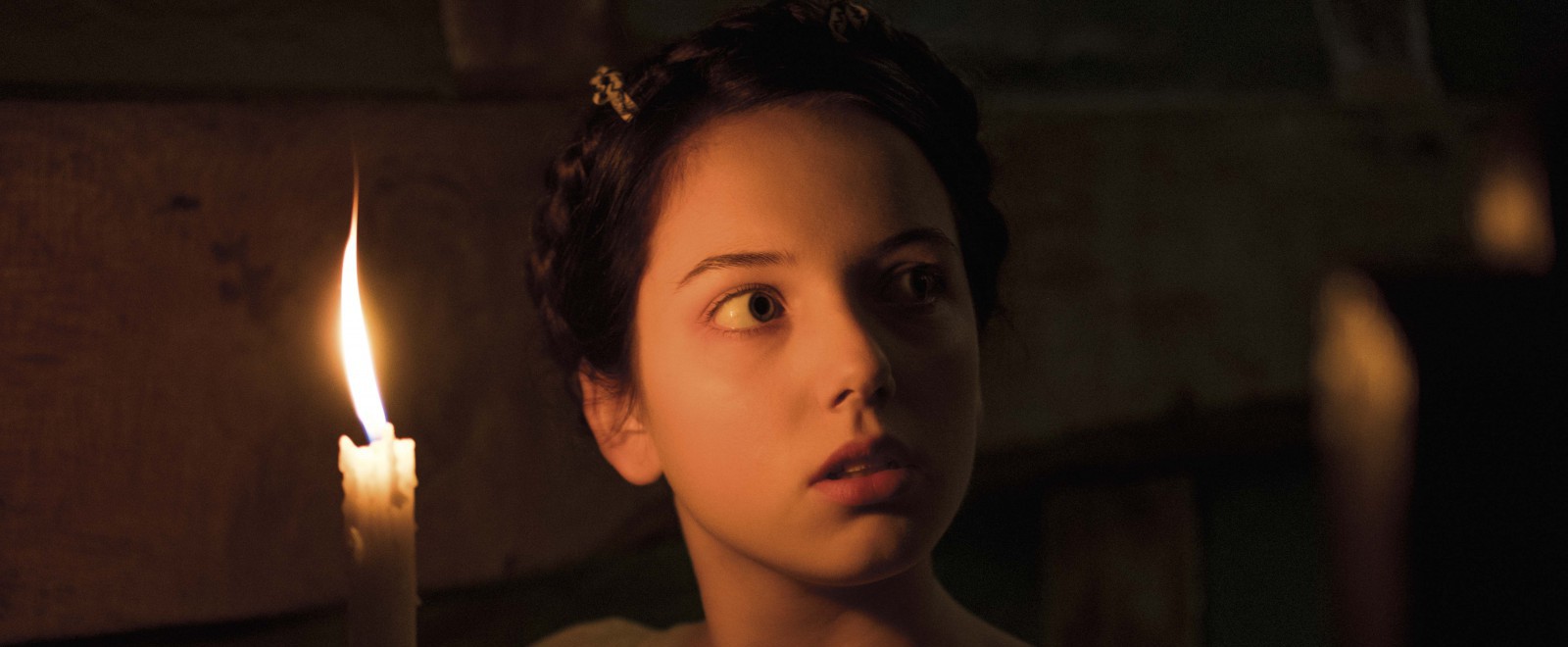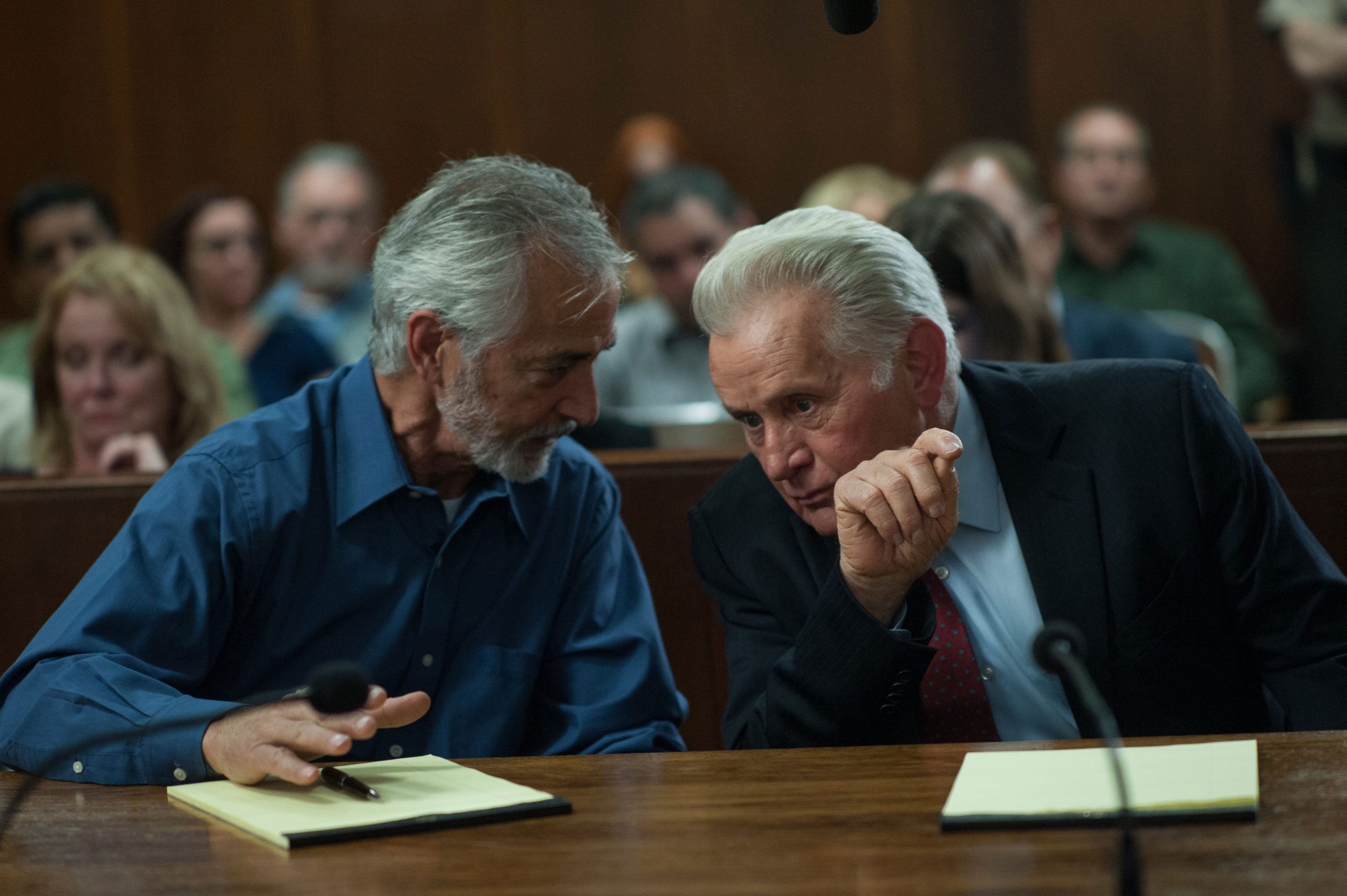Limbo – BFI London Film Festival Review

In a dingy house in the remotest part of a remote Scottish island, four refugees wait to see if their asylum requests have been granted. Not allowed to work, they spend their time attending cultural sensitivity lessons, watching Friends DVDs left at the island’s donation centre, and phoning their families from the one telephone box in the village. For the most part though, they just wait. And think. And remember.
Ben Sharrock’s sophomore feature arrives at a time where barely a week goes by without reports of how poorly the UK is treating asylum seekers, with much talk of proposed wave machines and gruesome detention centres. It’s impossible to watch Limbo without that in your mind, and it gives the already powerful film even more of an impact. It may be a work of fiction, but you never forget for one moment how many real people are in the same position as Omar (Amir El-Masry) and his friends.
Although the prevailing mood is downbeat, Sharrock manages to weave in a rich vein of arch, Kaurismäkian humour (Limbo has a lot in common, both thematically and stylistically, with Kaurismäki’s excellent The Other Side Of Hope). Syrian refugee Omar wears his depression so heavily it sometimes hurts to look at him – El-Masry’s performance is gut-wrenchingly good – but he has an unlikely comedic foil in Farhad (Vikash Bhai), an Afghan with a fabulous moustache grown in tribute to his idol, Freddie Mercury. Omar only ever smiles when he is talking to Farhad, and his efforts to keep his moustachioed pal’s spirits up often go a little way towards alleviating his own sadness. The unusual friendship between these men who have been through so much, the way they illuminate the battle between hope and despair, is where the soul of this movie lies.
Despite the dire position the men find themselves in, Limbo has a measuredly positive view of humankind. Even when Omar is faced with racism, it’s often followed by an immediate burst of awkward but sincere decency, as when a group of teens ask him if he’s planning to blow anything up before offering him a ‘lift to town, pal? You don’t want to get caught in the rain’. No one knows what Omar and Farhad have been through except their fellow refugees (and even then, their backgrounds diverge wildly), and so offers of help can be misguided (the cultural sensitivity lessons are comically useless), but they’re always well-meaning. If there are villains here, they aren’t actually here, but miles away in bustling cities, making life-altering decisions about people they will never meet.
Limbo does so many things so very well – atmosphere, character, humour, heart – but more than anything, it’s the film’s fierce insistence on the humanity of these men, who have been shoved aside by a system that doesn’t know what to do with them, which gives it such power. In a country growing ever more inhospitable to refugees, this is that rare special movie that has the potential to change hearts and minds.
★★★★★


